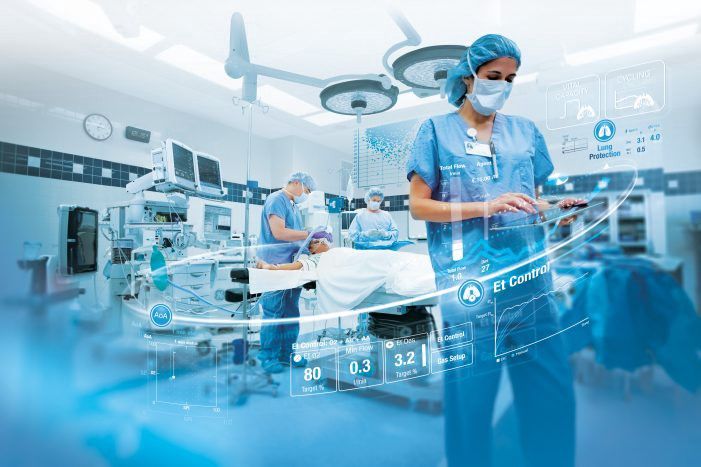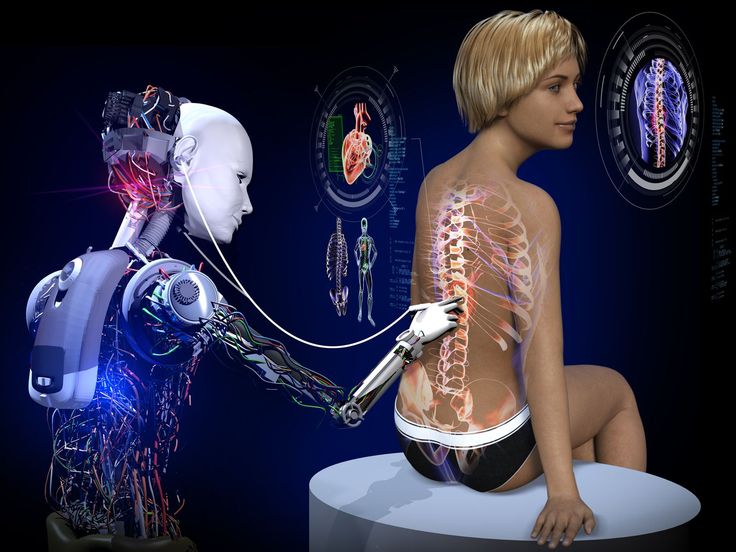
Medical technology, or “Medtech”, is a wide range of healthcare products used to treat diseases and medical conditions. It includes devices, instruments, software, and more.
From pregnancy tests to ultrasound scans, medical technology is with you from before you are born. If you scratched your knee as a child, you wore a plaster; if your vision blurs, you got glasses.
When you are unwell, diagnostics and medical devices help healthcare professionals re

Some examples of medical technology include:
- Diagnosis technologiesStethoscopes, hypodermic needles, blood pressure cuffs, MRI scanners, heart monitors, and EKG machines
- Treatment technologiesStitches, scalpels, Band-Aids, casts, ECMO machines, ventilators, and drugs
- Other medical technologiesPregnancy tests, ultrasound scans, plasters, glasses, diagnostics, medical devices, stents, MRI scans, syringes, and wheelchairs
Top 10 new medical technologies 2024
1. MRNA TECHNOLOGY
mRNA technology has been put under the spotlight recently as the new vaccines for Covid-19 use this science. With their high effectiveness, capacity for rapid development, and potential for low production costs, mRNA vaccines offer an alternative to the traditional vaccine approach.
mRNA, or messenger ribonucleic acid, is a single-stranded RNA molecule that carries the genetic information that is derived from DNA. mRNA vaccines work by providing a genetic code to cells to allow them to produce viral proteins, once the proteins have been created the body can then produce an immune response. The success of the Covid-19 mRNA vaccines has given a big boost to efforts to develop other mRNA vaccines for everything, from cancers to Zika virus.
mRNAs potential is thought to extend beyond just vaccines. mRNA can code for just about any protein, so the same basic technology might also allow us to develop all kinds of treatments by getting the body to produce a drug-like response. Many protein-based drugs such as antibodies made outside the body have proved extremely effective – but also extremely expensive. So, by using mRNA technology, development times and costs could be cut by setting the human body to work on manufacturing the proteins instead.
2. VIRTUAL REALITY
Virtual reality has been around for some time. However, it is now being increasingly used to treat and manage a wide range of psychological illnesses and conditions, from stress and anxiety to dementia and autism. But its capabilities are not just limited to mental health conditions, it is also being used for effective pain management by changing the patients’ thoughts and perceptions around pain.
VR has also greatly improved the training processes for medical professionals, as it allows you to be transported into the human body. It also helps when doctors are diagnosing, as the patient is able to virtually step into a panoramic view of their body, giving them a better understanding of their disease or condition.
There is still huge, uncovered potential for VR, but its focus areas for medical advancements include preventive healthcare, rehabilitation, assistive living, cancer therapy, and surgery.
4. ARTIFICIAL INTELLIGENCE
5. 3D PRINTING
6. PRECISION
8. TELEMEDICINE
7. CRISPR
MEDICINE
9. HEALTH WEARABLES
10. TECHNOLOGY IN MENTAL HEALTH
.
